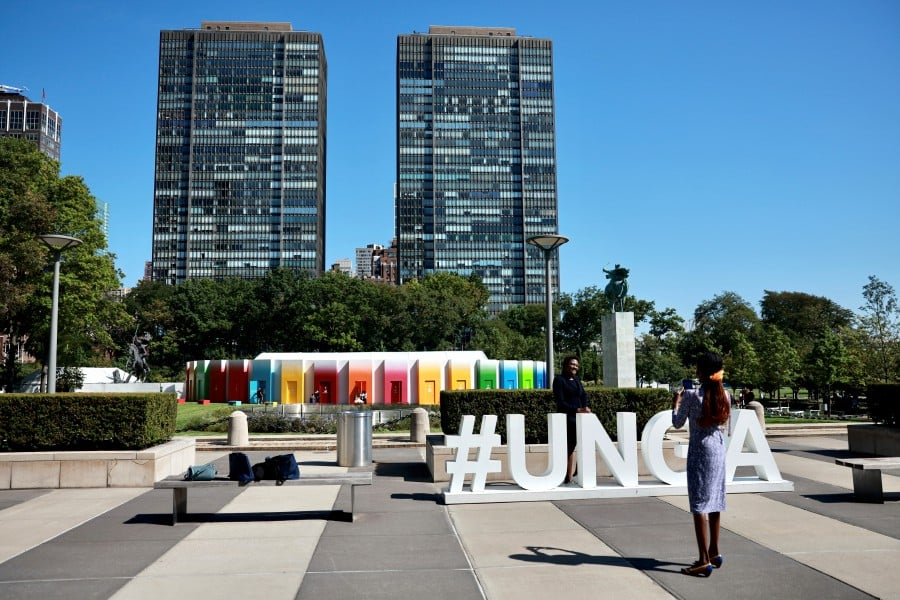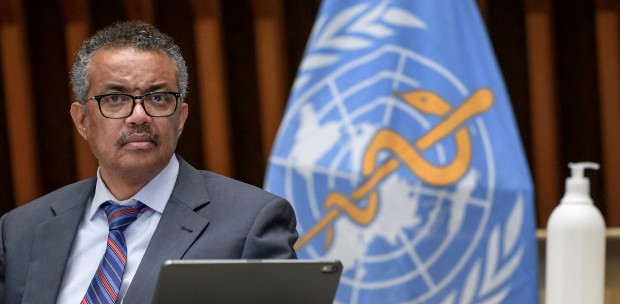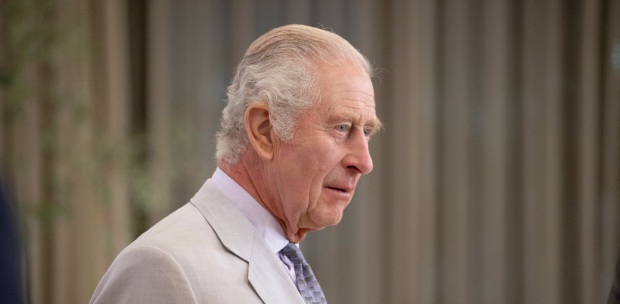NEW YORK: In a significant call to action on Monday, the World Health Organisation (WHO) urged Health Ministers from across the globe to raise their voices for health as the driving force behind climate action.
WHO Director-General Dr Tedros Adhanom Ghebreyesus called on global health leaders to set an example by adopting climate-friendly healthcare systems, and advocating for climate finance that safeguards our well-being today and tomorrow.
"The most compelling reasons for climate action are not in the future – they're right here, and right now," he said.
"The climate crisis is a health crisis. It drives the extreme weather that is taking lives around the world, it fuels the spread of infectious and noncommunicable disease, and it undermines food security.
"The same emissions that are warming our planet are also poisoning the air we breathe.
Air pollution leads to over seven million deaths per year, while biodiversity loss and irresponsible land use is daily increasing the risks of disease outbreaks and pandemics.
"I am grateful to the COP28 UAE Presidency for choosing health as a priority area, and for designating December 3rd as a day dedicated to health."
Tedros said this in his opening speech at an event held at the beginning of New York Climate Week during the United Nations General Assembly in New York.
Heads of State and leading experts had gathered to discuss critical concerns around the intersection of climate and health priorities.
The central theme of the event underscored that the climate crisis is, unequivocally, a health crisis.
Tedros noted that the health sector is responsible for almost five per cent of global carbon emissions.
"We must lead by example, in building climate friendly and climate resilient health systems.
"For example, by accelerating the electrification of health-care facilities through solar energy, we can save lives, increase resilience to extreme weather, reduce carbon emissions, and reduce costs," he added.
Climate change poses an imminent and severe threat to human health, affecting nearly half of the world's population today, not in some distant future.
Alarming statistics revealed that one in four deaths can be attributed to preventable environmental causes, with WHO estimating an additional 250 000 people are dying every year due to climate change.
Rising temperatures, extreme weather events, air pollution, wildfires, and compromised water, land, and food security result in lives lost and negatively impact infectious diseases, heat-related illnesses, noncommunicable diseases, and adverse pregnancy outcomes.
The health consequences of climate change carry significant economic ramifications. The World Bank estimates that up to 132 million people will fall into poverty by 2030 due to direct health impacts of climate change, and approximately 1.2 billion people will be displaced by 2050.
Investments in health yield substantial returns, with studies showing that every dollar invested in health can generate up to US$4 return in better health and productivity.
"Climate change is the biggest threat to health in the 21st century and our very survival is at stake," said Dr Vanessa Kerry, WHO Director-General Special Envoy for Climate Change and Health.
"We can no longer afford to suffer from the pandemic of poor and expedient choices which continue to harm our planet and its population.
"We must invest in human well-being, such as resilient health systems that can ensure adaptation to the growing burdens of disease and impacts of extreme weather and heat that are killing us daily."
The event set the tone for the New York Climate week and Climate Ambition Summit, stressing the importance of leaders committing to investments in adaptation and resilience measures.
These efforts, which are a central focus of the COP28 agenda, aim to promote fairer solutions, particularly in nations with lower carbon emissions that face the most severe consequences from health-related impacts of climate change.
Meanwhile, the COP28 Presidency unveiled its unwavering commitment to the Day of Health before a diverse coalition of influential stakeholders and investors.
"As we prepare for the groundbreaking Health Day at COP28, we are resolute in our determination to address the challenges posed to health by climate change and encourage ambitious investment in the health sector," said Dr Sultan Al Jaber, COP28 President-Designate.
"Our goal is to build resilient, equitable health systems capable of withstanding the impact of climate change. COP28 is determined to shine a light on these issues and to bring together partners who can make a positive difference."
With unwavering resolve, stakeholders are firmly dedicated to addressing these issues by presenting an ambitious plan for transformation and significant funding in the healthcare sector.
The objective is to construct resilient, equitable health systems capable of withstanding the impacts of climate change.
This event also served as a catalyst for mainstreaming the challenges and opportunities at hand and sharing the impactful initiatives of WHO, the COP28 Presidency, and other key players in addressing climate impacts on health.
NST specialist writer Tharanya Arumugam is a 2023 fellow of the United Nations Reham Al-Farra Memorial Journalism Fellowship.






